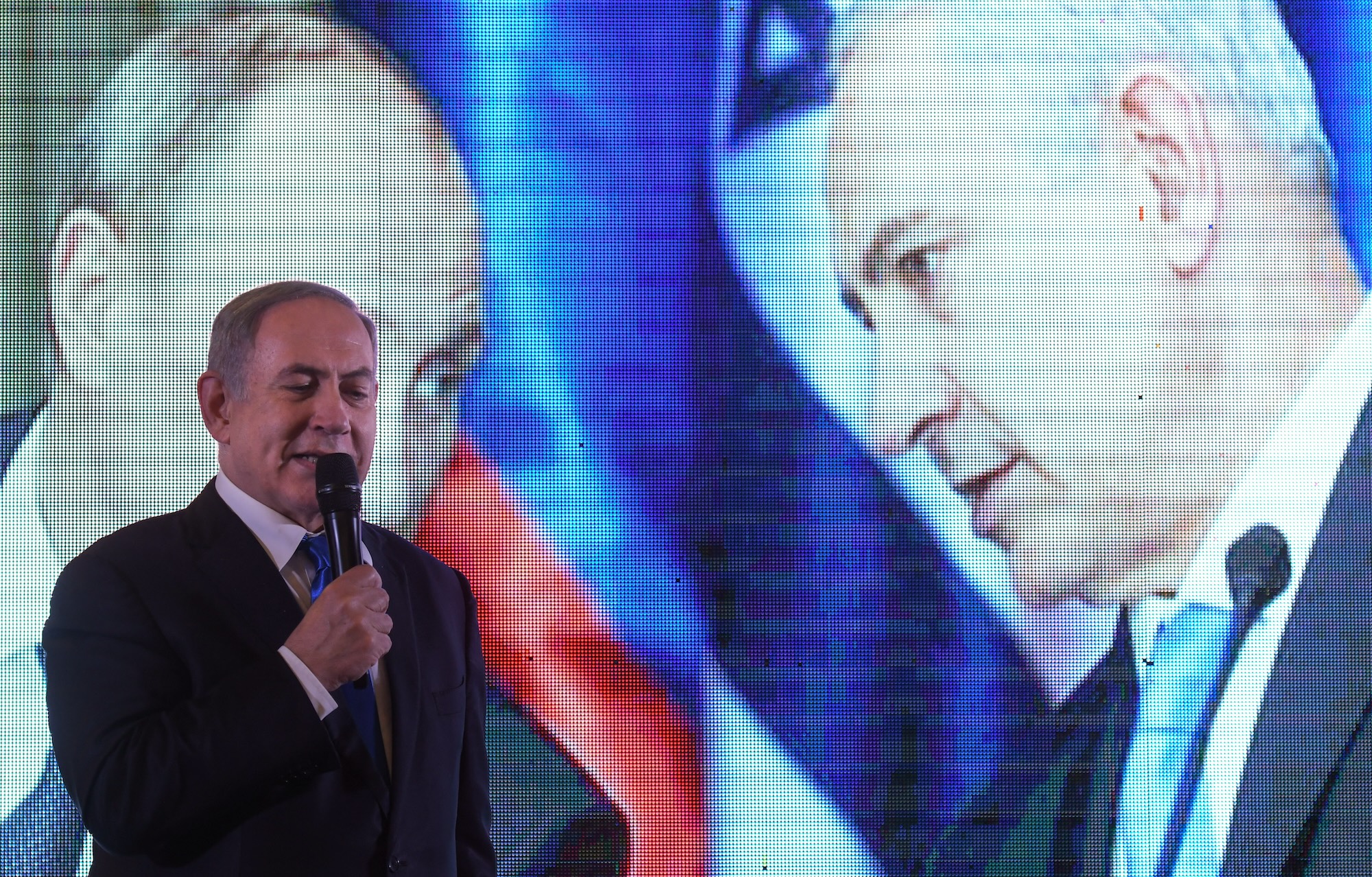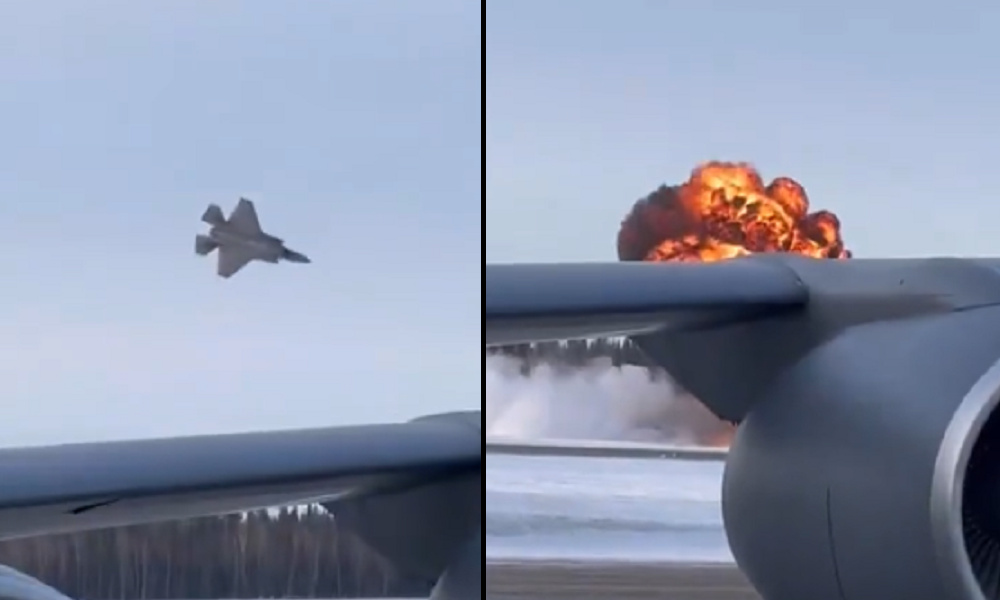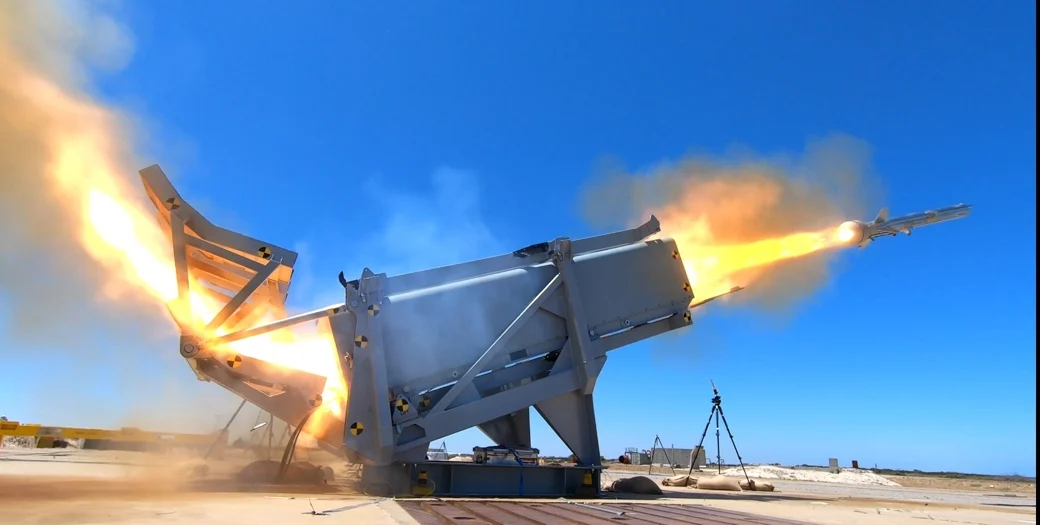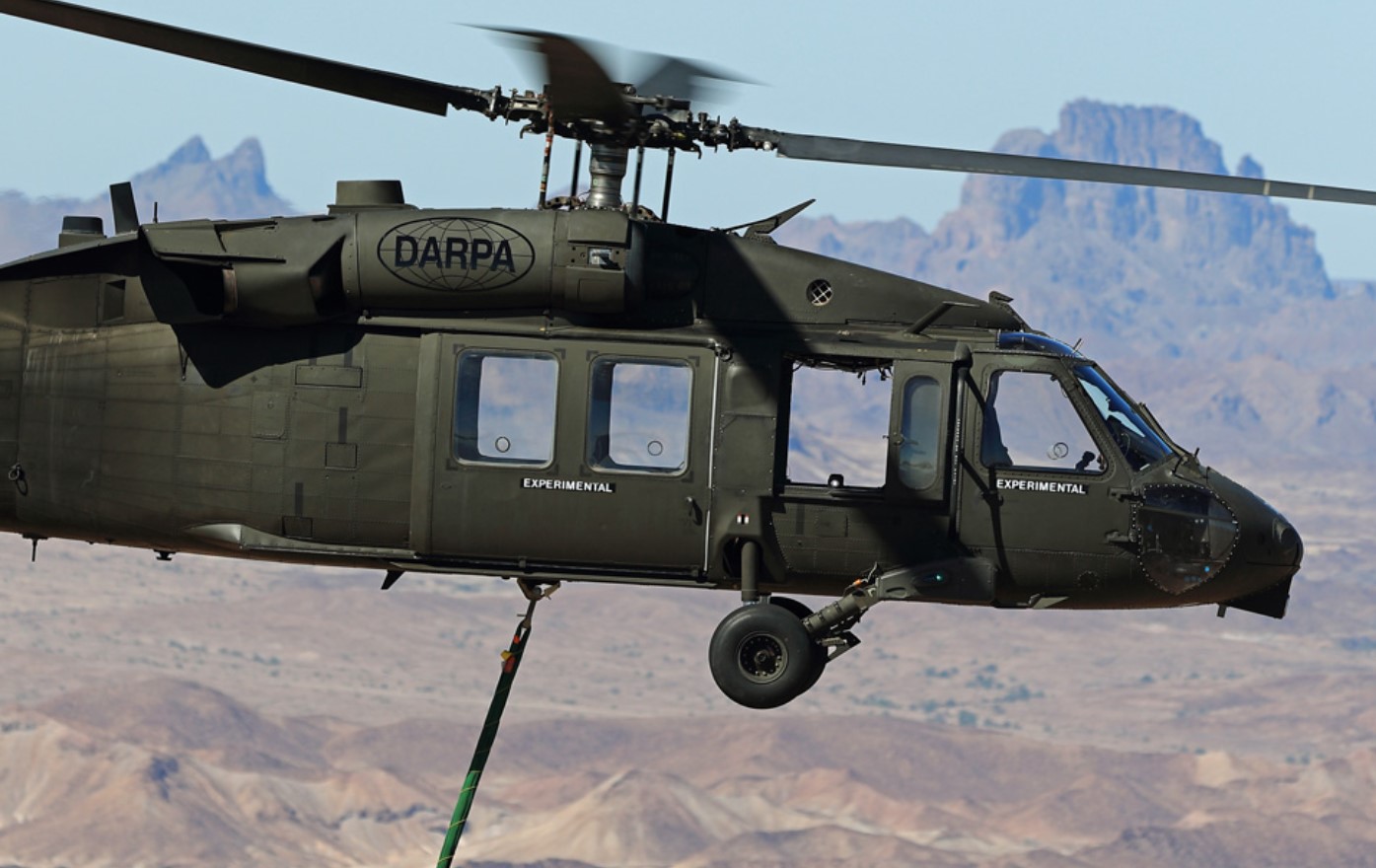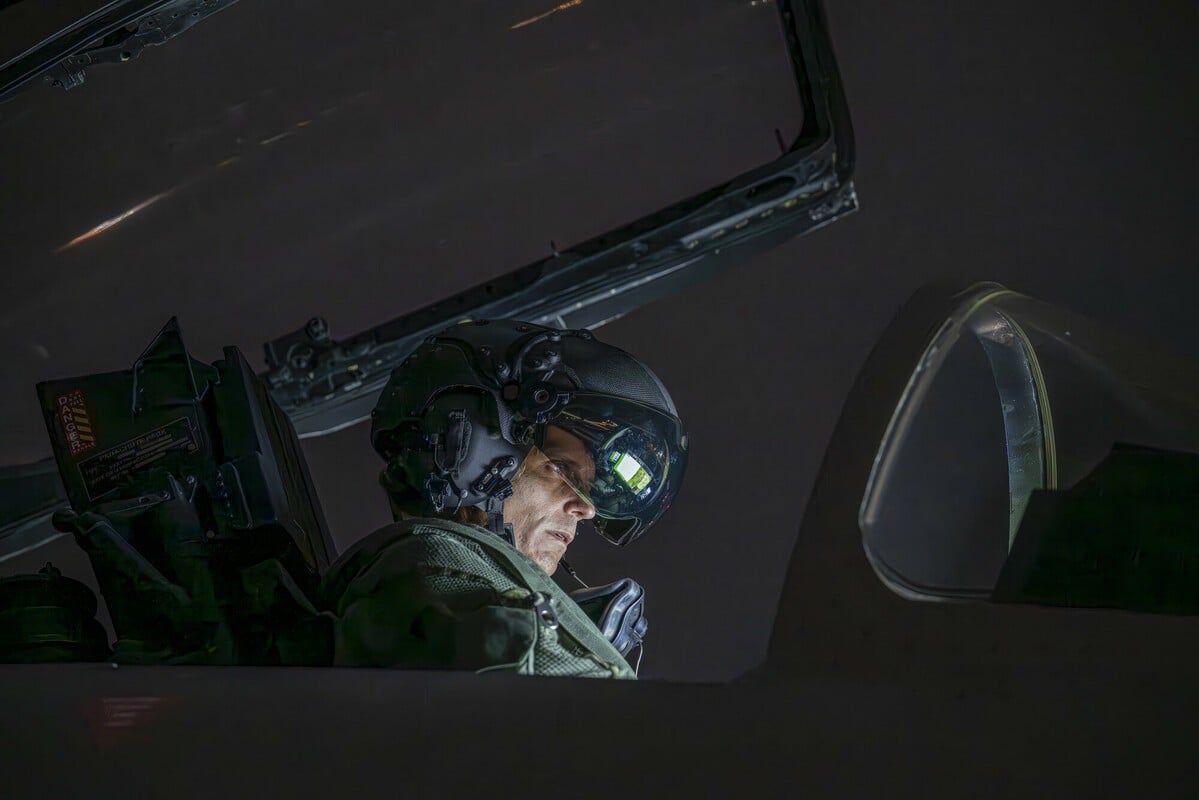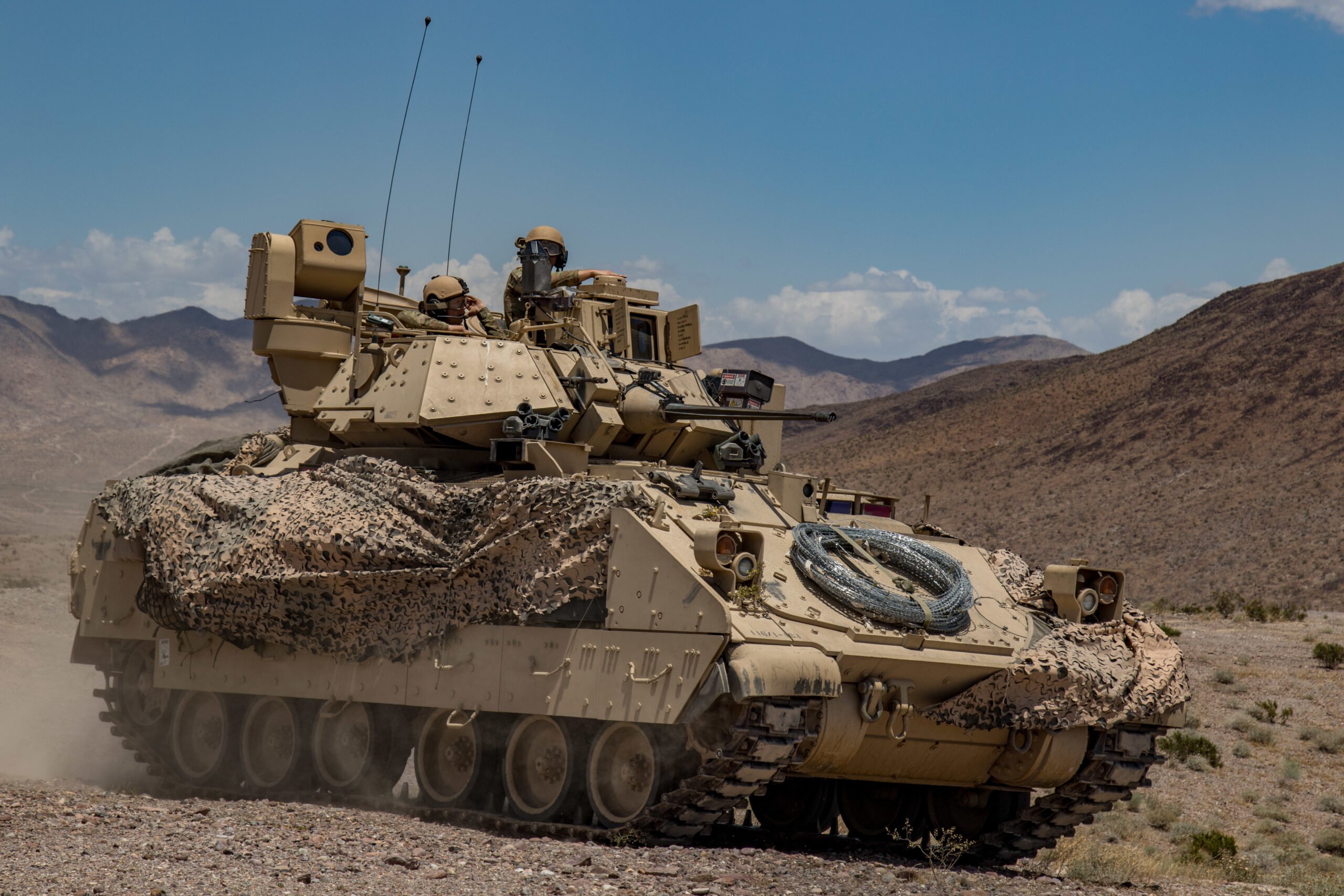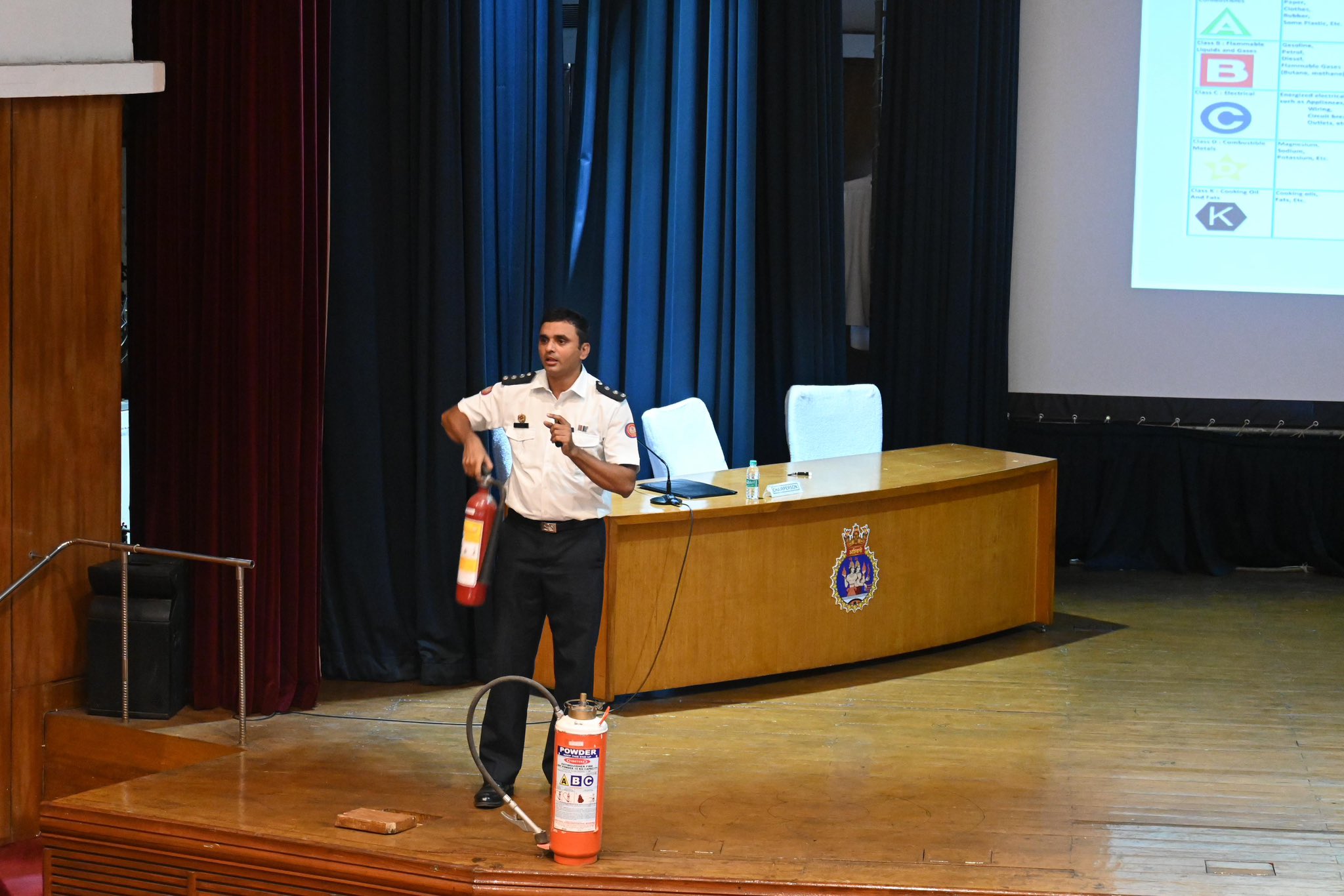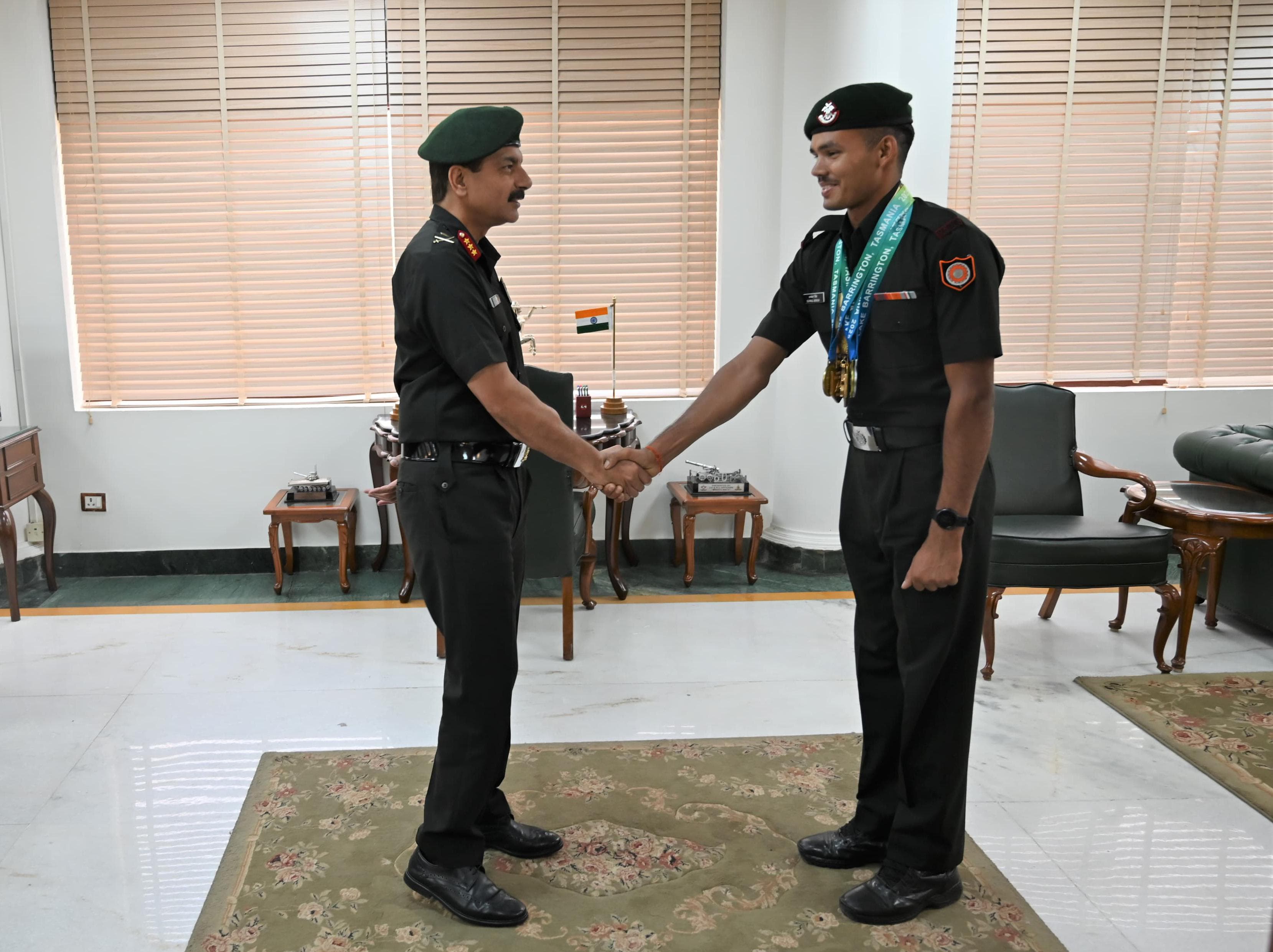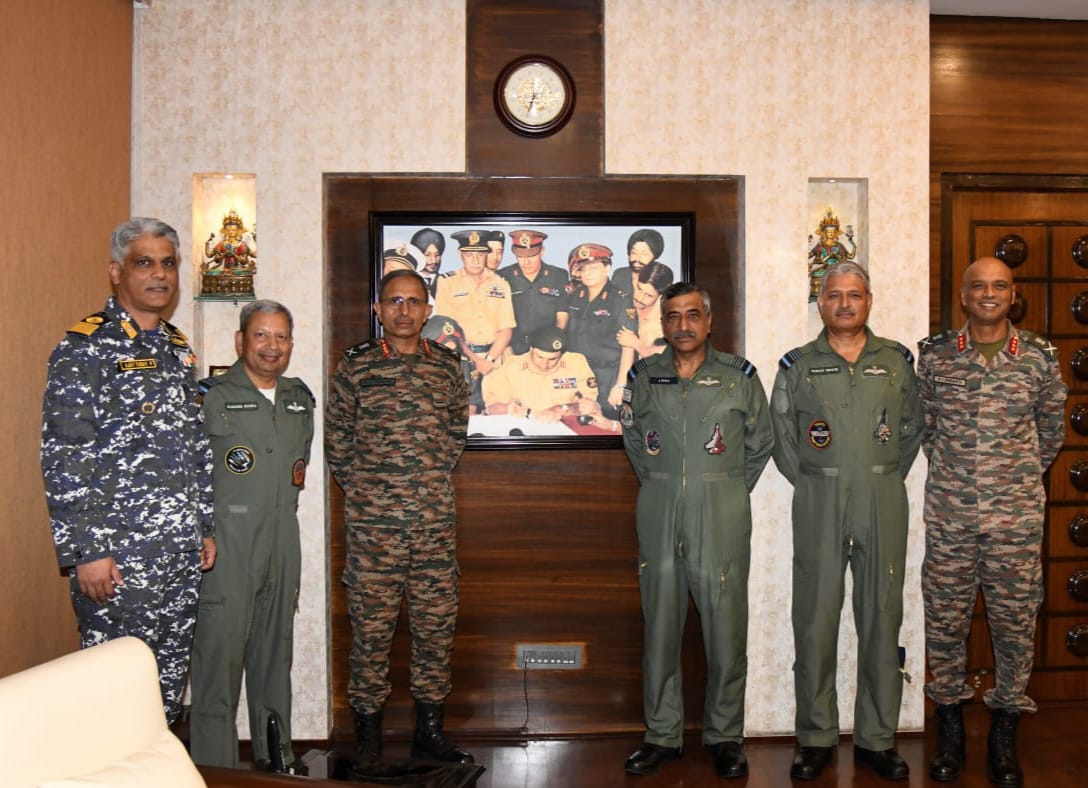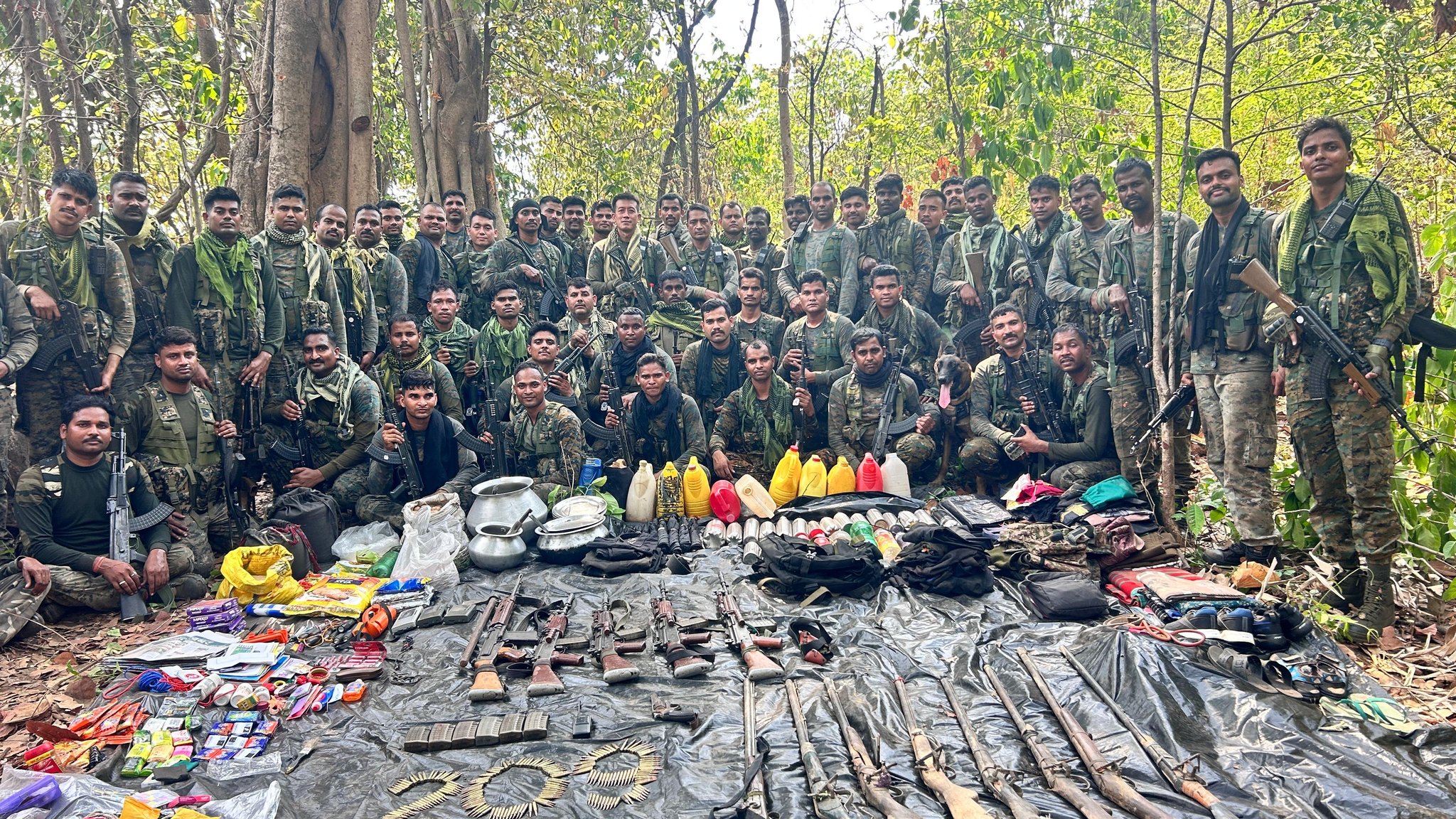On October 26, a significant event in the long-standing conflict between Israel and Iran unfolded, as Israeli fighter jets returned safely after executing precision strikes on 20 Iranian military positions in a coordinated operation involving three bombing waves. This development has underscored a critical aspect of military dynamics in the region: Iran’s inability to effectively counter the Israeli Air Force, attributed to deficiencies in its air defense capabilities.
Despite operating the Russian-made S-300 surface-to-air missile defense system, Iran lacks access to the more advanced S-400 system, widely regarded as one of the best in the world. Following the expiration of a UN arms embargo in October 2020, Russia had signaled its willingness to sell the S-400 to Iran, which is capable of intercepting advanced aircraft, including Israel’s Lockheed Martin F-35 stealth fighter. However, this sale has not materialized, despite ongoing appeals from Tehran and growing military collaboration between the two nations, particularly in the context of Russia’s need for Iranian drones amid its conflict in Ukraine.
The impetus for Russia’s reluctance to supply Iran with the S-400 appears to be multifaceted. Israel’s Prime Minister Benjamin Netanyahu and Russian President Vladimir Putin have maintained a relationship marked by strategic understandings that benefit both parties. For Israel, the absence of the S-400 in Iranian hands simplifies its military operations against Iranian interests in Syria, where Russia has a vested interest in preventing conflict escalation. Conversely, Russia does not want Israel to exploit potential weaknesses in its military technology that could arise from such engagements.
Military experts have noted that the Israeli Air Force has not faced significant challenges from Iran’s antiquated air fleet, which largely consists of Soviet-era aircraft. Iran’s failure to procure modern fighter jets, like the Russian Su-35, further diminishes its capacity to defend against Israeli airstrikes. An Israeli defense official highlighted Russia’s substantial influence over Syrian airspace, indicating that Israeli operations could face greater difficulties should Iran enhance its aerial capabilities.
The historical context of Israel-Russia relations further elucidates their current alignment. Despite a complicated history, which includes periods of animosity between Russia and Iran, these nations have found common ground in their opposition to Western influence in the region. Yet, Putin’s historical ties to Israel and his connections to the Jewish community in Russia hint at a deeper layer of diplomatic relations. During Israel’s War of Independence, the Soviet Union was pivotal in providing arms to the emerging state, marking an early cooperative moment.
Putin’s personal connections, including his childhood experiences with a Jewish family and his long-standing rapport with Jewish communities, add a nuanced dimension to his country’s foreign policy towards Israel. This relationship has also been tempered by geopolitical realities, as seen in Putin’s request for Iran to refrain from retaliating against Israel after a significant assassination within its borders.
More recently, the diplomatic relationship between Netanyahu and Putin has faced strain due to external pressures, such as U.S. expectations for Israel regarding the conflict in Ukraine and shifts in Russia’s alliances with nations like Iran and China. Nevertheless, the strategic balance established since 2020 seems to persist, with Russia maintaining a cautious approach that continues to prevent Iran from acquiring the advanced defenses it seeks.
As military engagements and geopolitical maneuvering continue to unfold in the region, the implications of these dynamics remain critical in shaping the future of Israeli-Iranian relations and the broader Middle Eastern geopolitical landscape.

